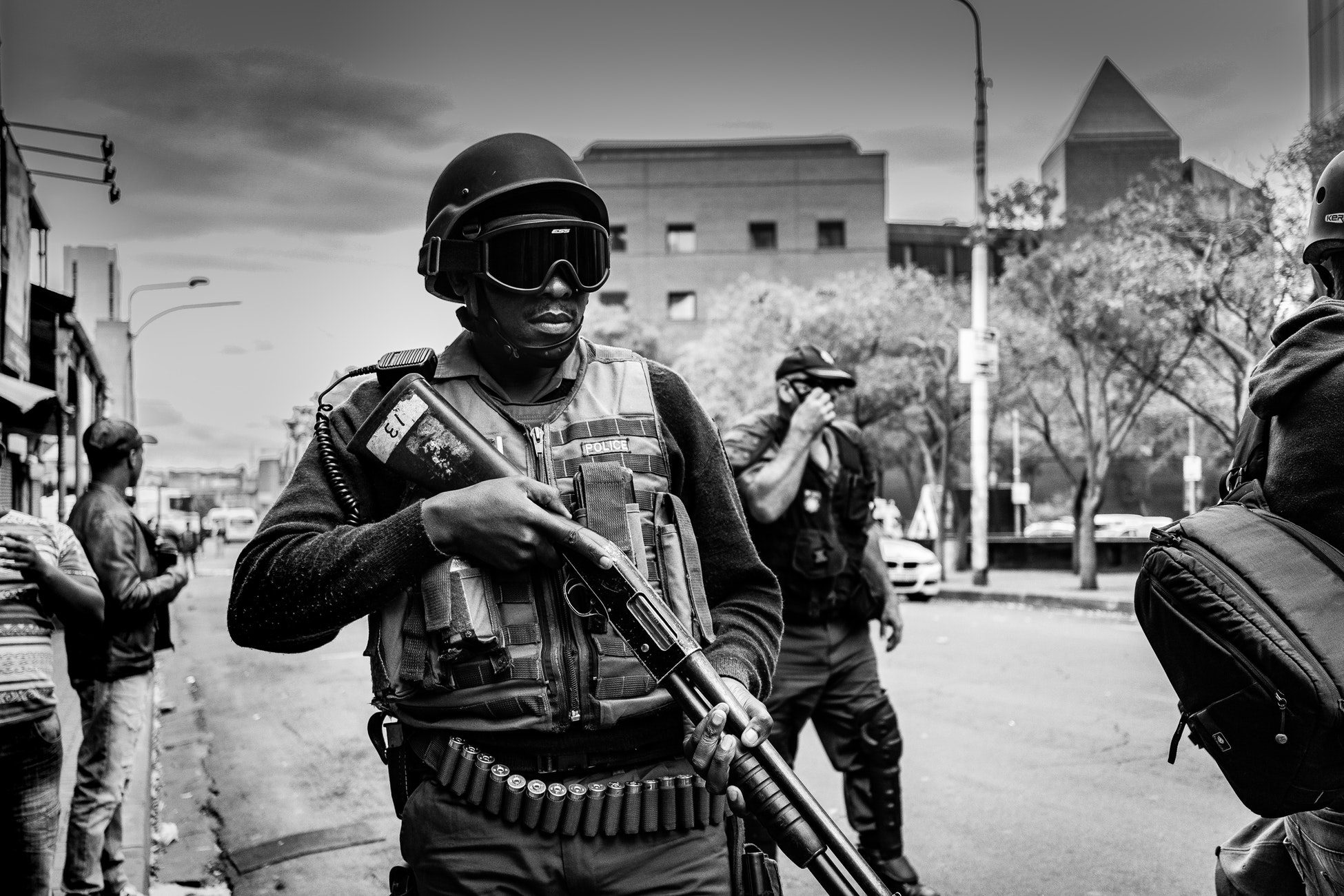The Ghana Police Service (GPS) has come under heavy scrutiny again following the recent brutal assault by its members on three Ghanaian Times reporters. The GPS has earned the reputation of a corrupt, unprofessional, ineffective, and—quite recently—an abusive institution. While these labels are not surprising, the hostile attitude and repression of police officers on the media are new and quite disturbing. GPS should realize that the media is not its enemy, rather an extension of the society it is supposed to secure.
[perfectpullquote align=”right” bordertop=”false” cite=”” link=”” color=”” class=”” size=””]In February of 2019, a man was nearly lynched after he was falsely accused of kidnapping a child.[/perfectpullquote]
A recent incident in this development caught national attention when the story of an attack on Latif Idris, a reporter with Joy FM, at the Criminal Investigation Department headquarters, in Accra, went viral. But this was not the first of its kind. Last August, Nana Adu Kyei Dansu with Sky Power FM was severely beaten by a police constable. In December, an independent journalist was assaulted by policemen at a concert in the Accra. These kinds of senseless violence are increasing and the GPS should be held accountable for the actions of its members.
Director-General in charge of Public Affairs at the Ghana Police Service, ACP David Eklu says there is no justification for the level of force used on Multimedia Journalist, Latif Idris by some officers on the premises of Criminal Investigations Department.
Following a media outcry on the Inspector General of the GPS to caution his men amidst these attacks, the police headquarters issued a statement urging its officers to stop the assaults and exhibit professionalism in the performance of their duties—the statement did not deny these abuses. Shortly after, the Assistant Commissioner of Police called for the need to build a strong and healthy relationship between the police and the media. These are good statements, however, they will barely change anything if not followed by punishment on wanting officers.
[perfectpullquote align=”right” bordertop=”false” cite=”” link=”” color=”” class=”” size=””]The media is an extension of the public and people will always trust them before the police. To end this, though, police officers should always allow the media to do their job. They are part of the reason the Ghanaian democracy is among the well respected in Africa.[/perfectpullquote]
In fact, there should be an urgent re-orientation of police officers and the GPS should further train them in public conduct, especially on how to handle situations involving the press. On the one hand, the media is a key actor in a democracy as much as it is a watchdog in service of public interest. On the other hand, it can help improve the image of a state agency if properly cultivated. The GPS’ image is crashing and only the media can save it now.
One sad consequence of the strained relations between the GPS and the media, though, is the sudden rise in cases of mob justice. The public doesn’t trust the police anymore. People now feel that the police is failing in its service of justice and protection. As such, some members of the public would rather resort to resolving security problems themselves. Some incidents of this approach have gone too far to such ugly extent that we now see the beating suspected criminals to death in the streets. The horrific lynching of Captian Mahamma, an army officer mistaken for an armed robber in Diaso, in the Central Region, was a heartbreaking example of this new trend of mob justice.
In February of 2019, a man was nearly lynched after he was falsely accused of kidnapping a child. In an article published by the national government, Mabel Awuku, an officer at the Information Services Department detailed a case of mob justice that almost got her killed.
These are only a fraction of such cases Ghana have recently witnessed which are in response to the growing public mistrust of the GPS. Things cannot be left to degenerate when the concerned stakeholders can always do better. Citizens should not take laws into their hands too. All these might not be happening if the GPS hadn’t shattered its image.
The media is an extension of the public and people will always trust them over the police. To end this, though, police officers should always allow the media to do their job. They are part of the reason the Ghanaian democracy is among the few well respected in Africa. They have served well to stand against oppression, injustice, and partiality in this country. The last thing they deserve is bad treatment. Likewise, the police service is an important institution that should be respected—but not feared.
A healthy relationship between these two bodies, with each complimenting the work of the other, will help improve security in Ghana and bring back public trust.
Haleed Sulemana is a Writing Fellow at African Liberty and identifies as a feminist. He works in community development and youth empowerment. He is currently doing his mandatory National Service in CAMFED Ghana. He is on Twitter: @Haleed_Nemo.

